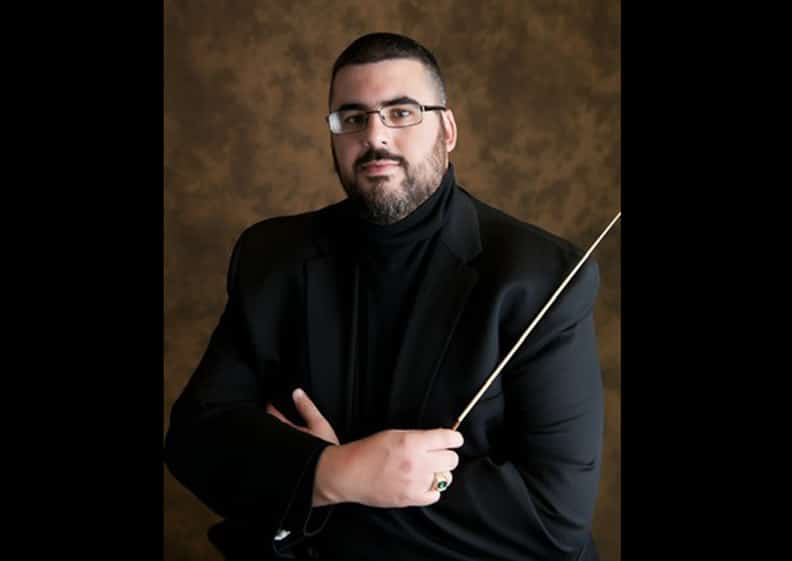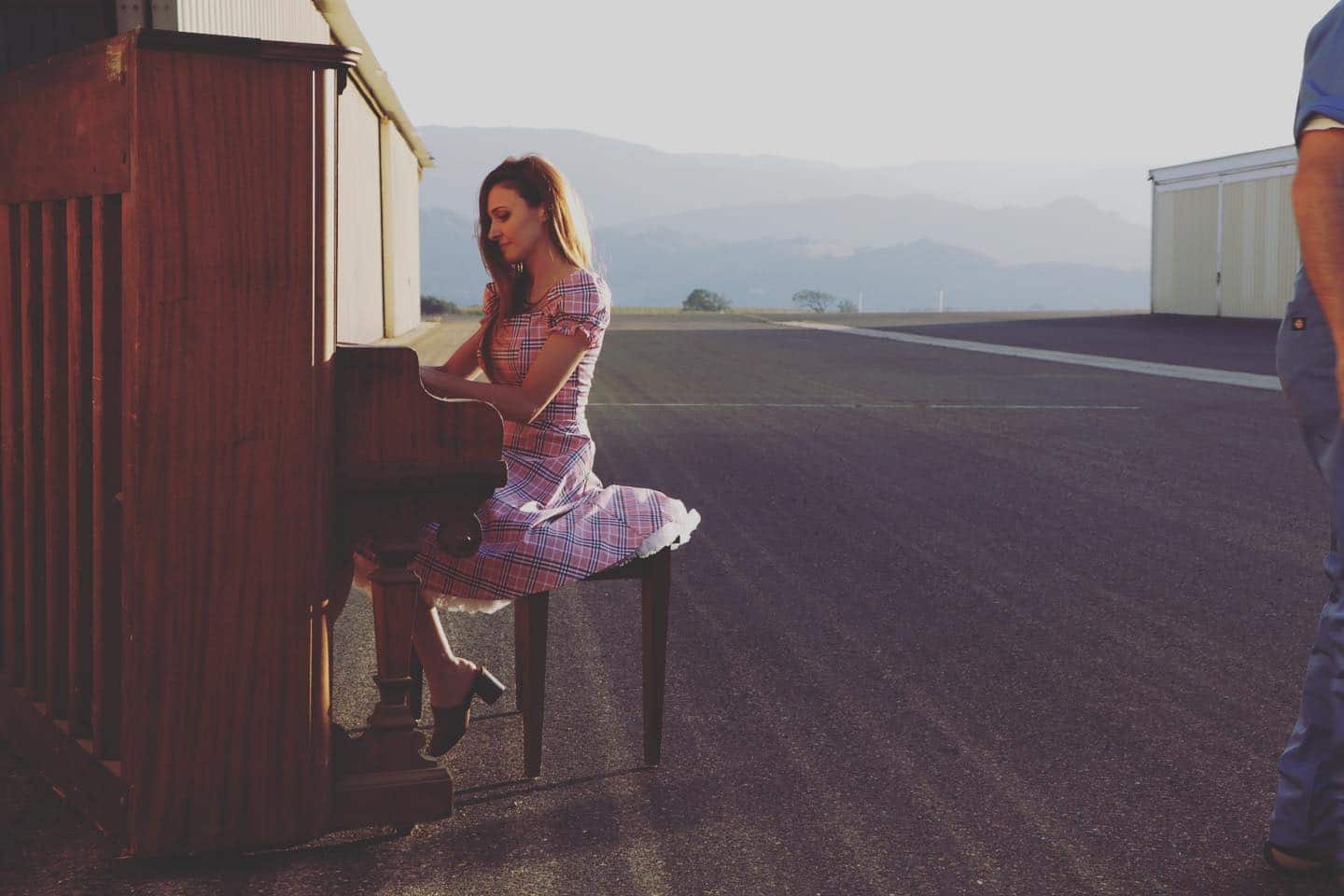The greatest benefactor of Britain’s arts
mainAnthony Field was Finance Director of the Arts Council of Great Britain from 1957, when its budget was under £1 million, to 1985 when he was handling £300 million a year. Over that period, the field he tended matured from pro-am to world rank. Anthony, who died on Sunday aged 85, was an apolitical nurturer who sought only the best for civilisation. He went on to become a successful consultant. Tribute follows.

ANTHONY FIELD
Anthony Field Associates announces with deep sadness the passing of Anthony Field CBE, FCA, D.Litt.,DFA. Aged 85, Tony died peacefully in his sleep at home on the morning of Sunday April 6th,following a protracted struggle with an untreatable heart condition, cardiac amyloidosis. Although this condition sapped his physical energy enormously, and made it necessary in recent months for Tony to use a wheelchair to get to the office, he maintained his rigorous schedule of work commitments coupled with the responsibilities of caring for Ted, his 92-year old civil partner who survives him (the longest “run” of any of Tony’s many achievements, lasting 65 years).
Trained as an actor, he fell into accountancy as a more steady career, and rose rapidly. Within a short time, at the Comedy (now Harold Pinter)Theatre he established the New Watergate Theatre Club which hastened the demise of censorship of theatre productions, bringing “banned” new work such as A VIEW FROMTHE BRIDGE, CAT ON A HOT TIN ROOF and TEA AND SYMPATHY to eager London audiences. He began a 28-year tenure as Finance Director of the Arts Council of Great Britain in 1957, and oversaw its development from holding a budget of under £1million to over £300million at his departure. He was the leader in developing the successful collaboration between subsidised and commercial theatre, with an acute understanding of the fluidity of relationships between these worlds.
Deeply involved in every strand of the arts, he fostered lifelong friendships and close creative links with musical stars such as Dame Cleo Laine and Sir John Dankworth, inspirational theatre leaders both onstage (Sir Derek Jacobi, Sir Antony Sher, Sir Paul Scofield) as well as offstage (Richard Pilbrow, who virtually created the language of contemporary stage lighting), as well as supporting the early stages of the careers of creative visionaries such as Sir Cameron Mackintosh and Thelma Holt, not to mention being a practical supporter of newer generations of producers such as David Babani at the Menier Chocolate Factory and David Pugh and Dafydd Rogers.
Tony was always passionately aware that the greatest investment of all types had to be in education, to support the leaders of tomorrow , and so excited was he at the vision of Mark-Featherstone-Witty he collaborated closely to make the dream of Sir Paul McCartney’s Liverpool Institute for Performing Arts a reality, raising millions of pounds to create the school which each year now brings highly-skilled actors, musicians, technicians, directors, producers and manager s to fuel the future of our business. Tony always adored visiting LIPA, and the sense of his excitement of being there was palpable to those of us fortunate enough to work with him. Tony always made time to talk to any aspiring producer, to help them in whatever way he could, and was for decades a leading advocate of ISPA, the International Society for Performing Arts, which recently awarded Tony its Unique Lifetime Achievement Award. Tony created- and taught- the first ever arts management courses in the late 1960s, also lecturing at Harvard University for ten years. Also a prolific columnist, lecturer, producer – and so much more.
His brilliantly sharp, witty and enquiring mind was thankfully undimmed by the condition which finally felled him, and our team loved working with him as much as he loved working with us, right up to the end. He is utterly irreplaceable. A man who made theatre history on so many levels in so many ways is finally history himself. So many of us owe him so much, and we are all the richer for having the privilege of having known, respected and loved him.
John Causebrook, Gary Donaldson and Darren Black





A theatrical great, unstintingly generous with his time and possessed of boundless enthusiasm. He was a mentor to many (myself included) and effortlessly converted his business relationships into friendships.
Will be sadly missed by many, including a fair few I’ve met here in Australia.
With all respect to the late Antony Field whom I met on several occasions at the old Arts Council digs in Piccadilly, surely your headline is rather overdone? If anyone deserved that accolade, surely it was Jenny Lee who as Arts Minister fought for the Arts and would not take ‘no’ for an answer. She obtained the funding for a huge increase in arts activity in the country.